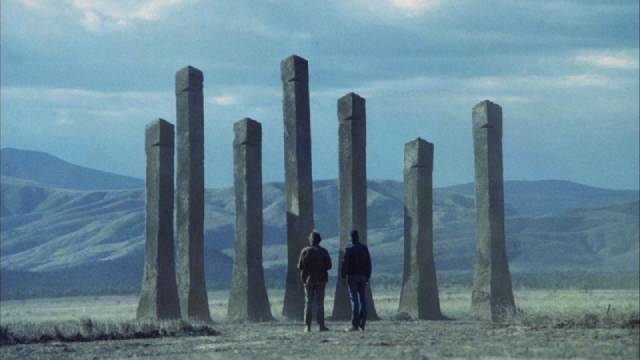
Revisiting some old favourites recently has taken in an eclectic selection ranging from a classic BBC television production to Spanish zombies, New York cops, a Las Vegas heist and an oblique alien invasion.
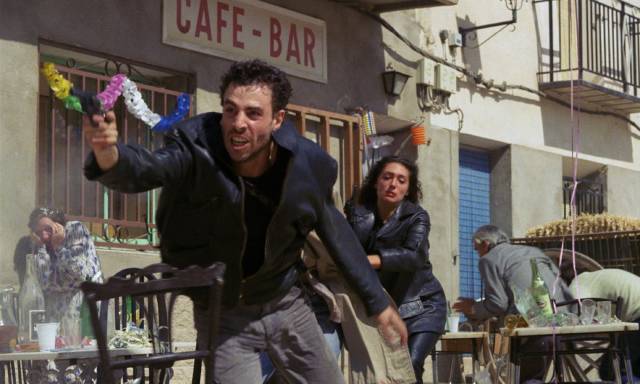
As usual, there’s no coherent pattern to what I spend my time watching. In the past few months, I given my overtaxed attention to quite a few movies from the ’70s and ’80s – British sex comedies and cop movies, Italian gialli, French and Spanish thrillers, Chinese martial arts movies and an Australian superhero musical – plus a pair of recent Korean action movies and two ultra-low-budget do-it-yourself movies from the ’90s.
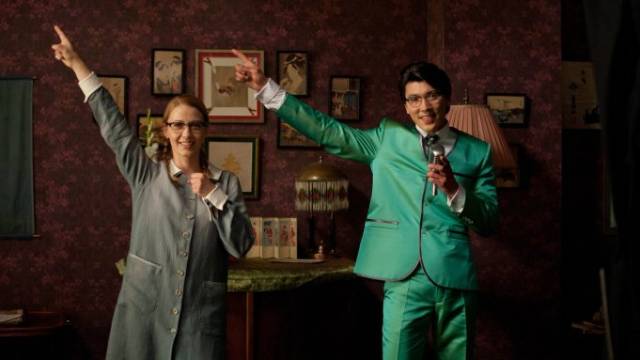
Cauldron Films casts a wide net with their recent releases: Contraband (1980), a violent thriller by Lucio Fulci, is joined by Eloy de la Iglesia’s homage to A Clockwork Orange, Murder in a Blue World (1973), Jordan Graham’s mysterious folk horror Sator (2019) and Karoly Ujj Meszaros wistful Hungarian fantasy Liza the Fox Fairy (2015).
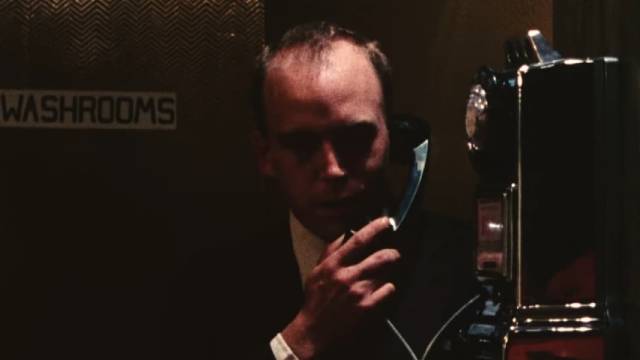
Writer-director Zale Dalen made one of the most distinctive Canadian features during the tax shelter years, but Skip Tracer (1977) all but disappeared with the tide of low-budget disaster movies and slasher films produced by financial support from the government between 1975 and 1982. Dalen ended up doing mostly episodic television, though he did briefly return to features in the ’90s, culminating in the absurd but entertaining sci-fi martial arts potboiler Expect No Mercy (1995).
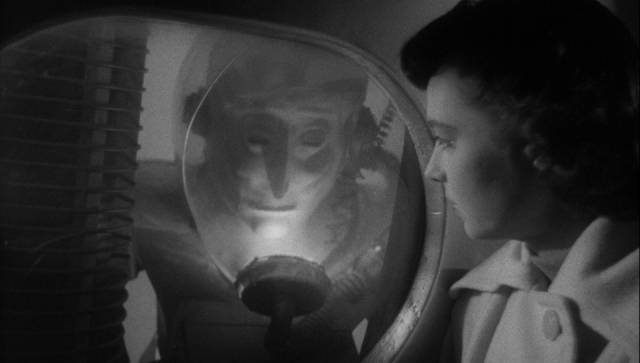
A pair of recent Blu-rays from Kino Lorber bookend the career of “King of the Bs” Edgar G. Ulmer, who began his off-Hollywood career with a social issues drama about syphilis called Damaged Lives (1933) and ended it with a pair of cheap sci-fi movies, The Amazing Transparent Man and Beyond the Time Barrier (both 1960), with one of the highlights between being The Man from Planet X (1951), the latter three included in KL’s Edgar G, Ulmer Sci-Fi Collection triple-bill.
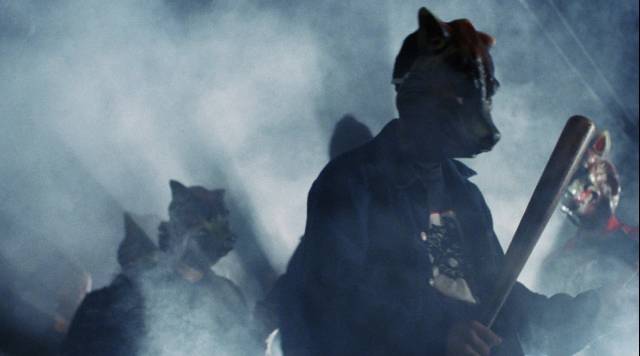
Spanish zombies, rural American zombies, a Korean serial killer, monsters and illicit mindbending drugs, a blood-fuelled car, small-town fascism, an eccentric family in retreat from the modern world, and a man with a truffle-hunting pig – there’s no pattern here in my recent movie-watching other than a restless search for the original and the entertaining.
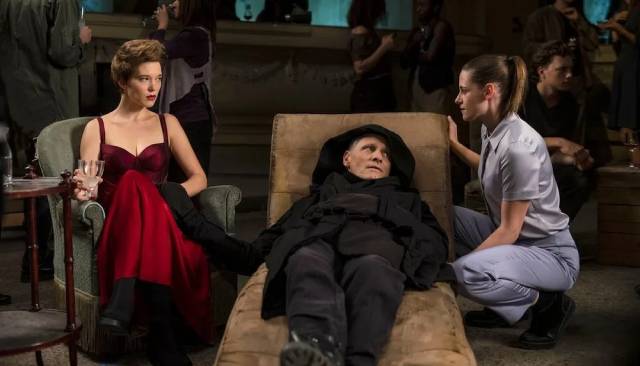
David Cronenberg returns to his roots with a new movie which borrows its title and major themes from his early experimental feature Crimes of the Future (1970); once again nature responds to destructive human activity by accelerating the mutability of the body. This time Saul Tenser (Viggo Mortensen) transforms his continually mutating body into an object of performance art, infusing the body horror with a powerful note of black comedy in the director’s best film since Crash (1986).
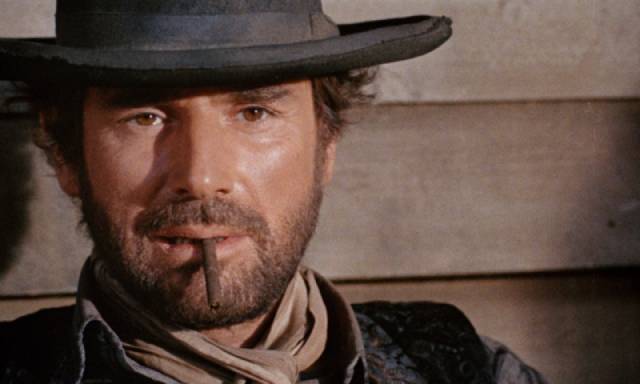
More genre viewing from Arrow, including a bleak French Western, a silent film noir which recapitulates the history of Japanese cinema, a pair of low-budget ’80s slasher movies, a mash-up of anime and low-budget live-action post-apocalypse, and two box sets: Kenji Fukasaku’s Battle Royale and Battle Royale II and the Children of the Corn trilogy.